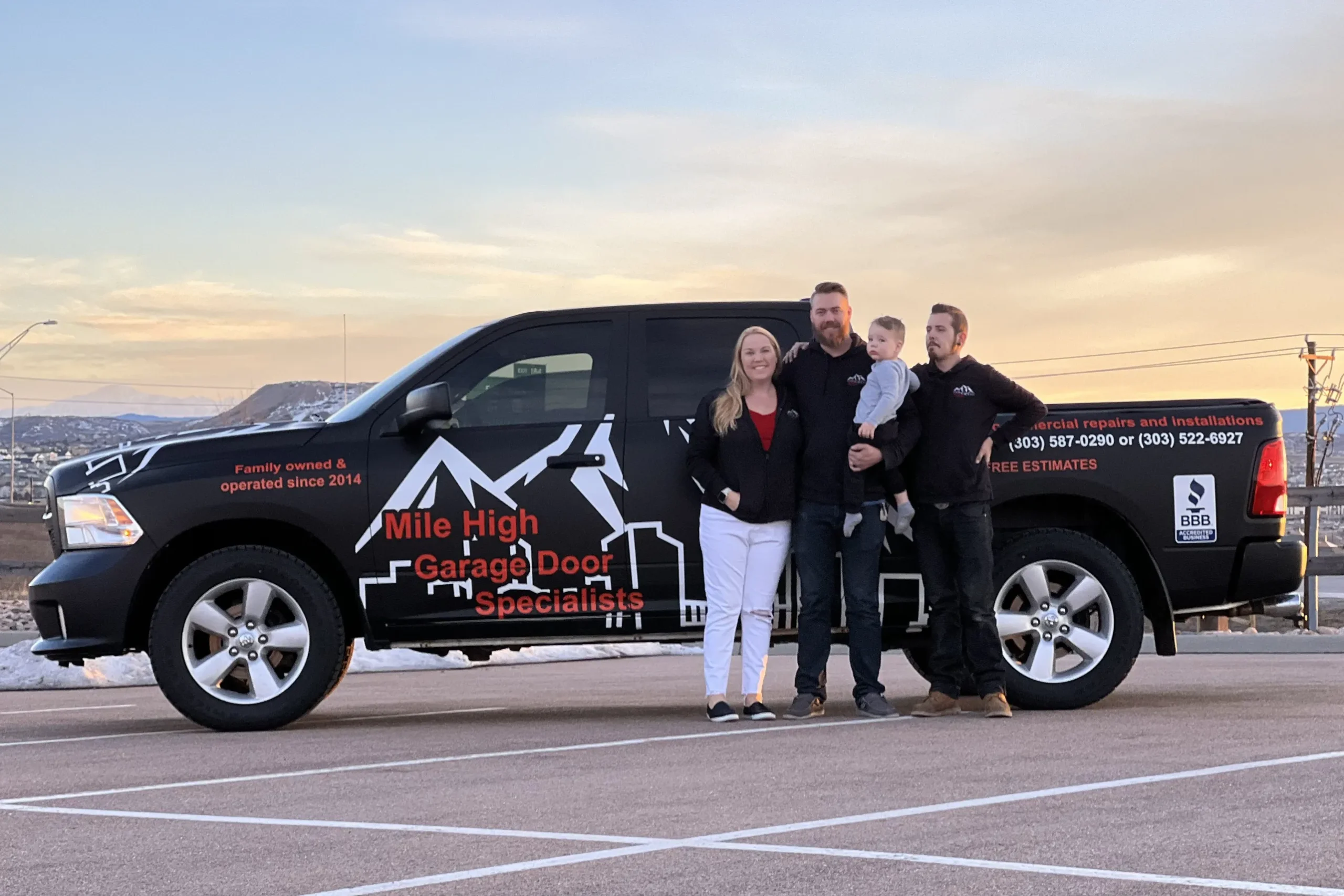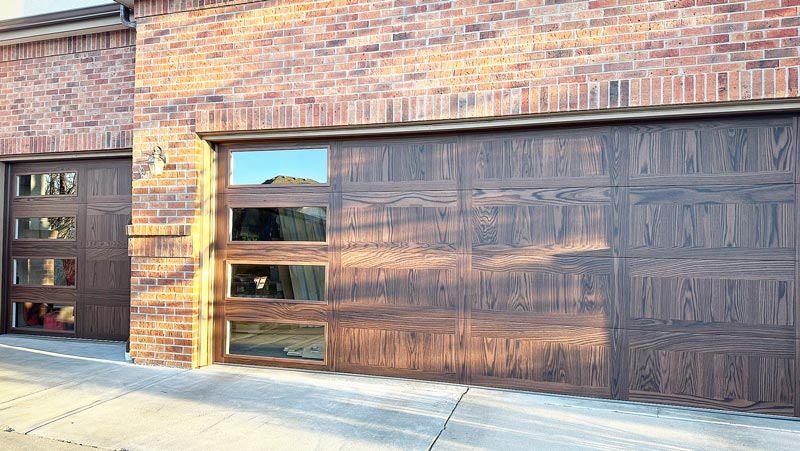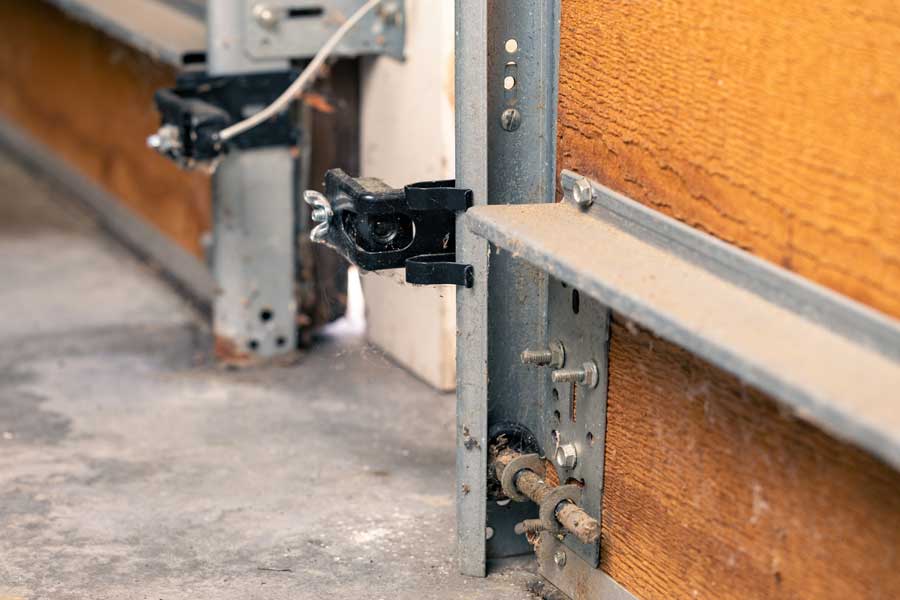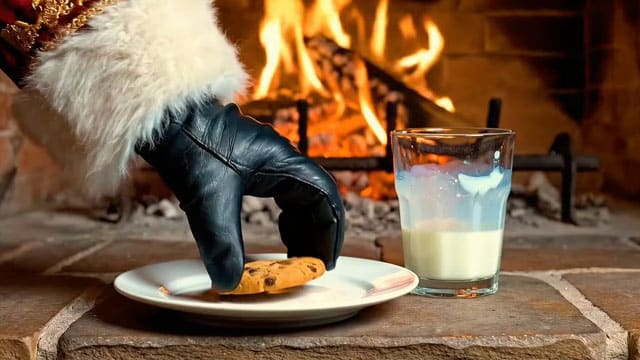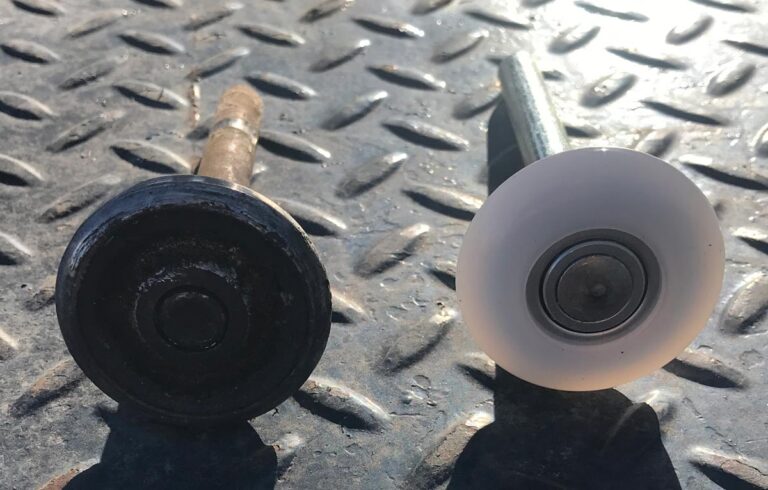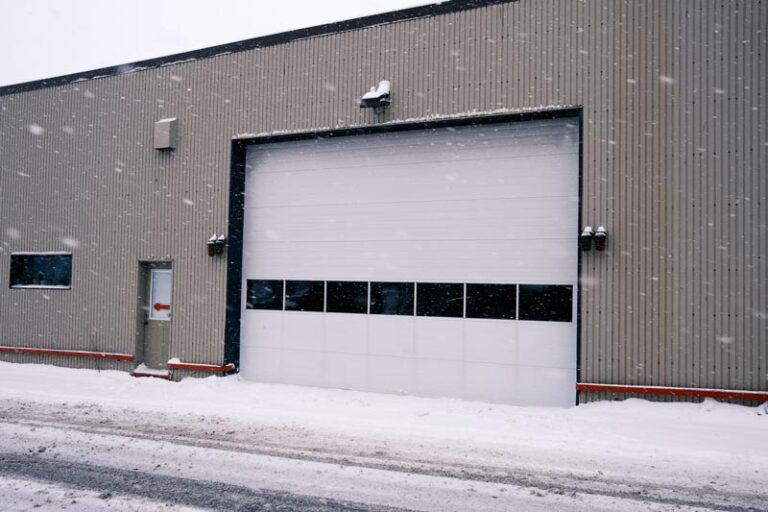Quick Guide Overview
⚡ Reading Time: 8 minutes
🔧 Skill Level: Beginner to Intermediate
🛠️ Tools Needed: Screwdriver, lubricant, ladder, flashlight
Whether you’re in Louisville or Erie, Colorado, a noisy garage door can be more than just an annoyance—it’s often a sign that your door needs attention. Let’s explore why your garage door is making those concerning sounds and what you can do about it.
Common Garage Door Noises and Their Causes
| Sound Type | Likely Cause | Urgency Level |
|---|---|---|
| Squealing | Lack of lubrication | Moderate |
| Grinding | Track misalignment | High |
| Banging | Loose hardware | High |
| Rattling | Worn rollers | Moderate |
| Popping | Spring issues | Very High |
🔊 Sound-Based Troubleshooting Guide
Squealing or Screeching
Common among homeowners from Broomfield to Parker, squealing noises typically indicate:
- Lack of lubrication on moving parts
- Metal-on-metal contact
- Worn rollers or bearings
💡 Pro Tip: If you hear squealing primarily during cold mornings, typical in the Colorado climate, this often indicates your garage door’s metal components have contracted and need special attention.
Grinding or Scraping
Particularly concerning for many Westminster residents during our windy seasons:
- Check for debris in the tracks
- Look for bent track sections
- Examine roller alignment
- Inspect for worn bearings
⚠️ Safety Warning: If you hear grinding combined with visible track damage, stop using your door immediately and contact a professional.
Step-by-Step Noise Reduction Guide
1. Basic Maintenance Steps
Follow this checklist to address common noise issues:
- Tighten all hardware
- Lubricate moving parts
- Check track alignment
- Inspect rollers
- Test door balance
2. Lubrication Process
Many Arvada homeowners find success with this simple lubrication routine:
- Clean tracks with household cleaner
- Apply lubricant to:
- Hinges
- Rollers
- Springs
- Chain/belt drive
- Bearings
🔧 Quick Fix: For squeaky springs, common in Castle Rock’s dry climate, apply a silicon-based lubricant using a spray can with a directional straw.
Seasonal Noise Considerations
Winter Noise Issues
Colorado’s dramatic temperature changes can affect your garage door’s noise level. Here’s what to watch for:
❄️ Winter Checklist:
* Check weatherstripping
* Inspect spring tension
* Monitor track alignment
* Test door balance
* Listen for new noisesSummer Maintenance
As many Boulder residents know, summer brings its own challenges:
- Expanded metal components
- Dried-out lubrication
- Sun-damaged weatherstripping
Professional vs. DIY Assessment
When to Call a Professional
Contact a garage door specialist if you notice:
- Popping sounds during operation
- Metal grinding noises
- Sudden loud banging
- Changes in door movement
Safe DIY Maintenance
Feel confident handling these tasks:
- Basic lubrication
- Hardware tightening
- Visual inspections
- Basic cleaning
- Weather stripping replacement
Preventive Measures
Regular Maintenance Schedule
| Task | Frequency | Skill Level |
|---|---|---|
| Lubrication | Every 3 months | Easy |
| Hardware Check | Monthly | Easy |
| Track Cleaning | Every 6 months | Easy |
| Roller Inspection | Every 6 months | Medium |
| Balance Test | Annually | Medium |
Sound-Proofing Options
For homeowners in noise-sensitive areas like Superior and Louisville:
- Install nylon rollers
- Add rubber inserts
- Update weatherstripping
- Consider belt drive openers
- Install vibration isolators
💡 Pro Tip: Belt drive operators, while slightly more expensive, are significantly quieter than chain drives and particularly popular in Highlands Ranch’s newer developments.
FAQs About Garage Door Noise
Q: How much noise is normal?
A: Your garage door should operate with a consistent, moderate hum. Any grinding, scraping, or banging is abnormal.
Q: Can weather affect garage door noise?
A: Yes, particularly in Colorado’s variable climate. Temperature changes can cause metal components to expand or contract, potentially creating new noises.
Q: Should I oil my garage door springs?
A: Use only specially formulated garage door lubricants. Common household oils can damage components.
Next Steps
If you’ve followed this guide and still experience unusual noise:
- Document when the noise occurs
- Record a video with sound
- Note any patterns
- Contact a professional
Emergency Situations
| 🚨 Call a Professional Immediately If: |
|---|
| • You hear loud snapping sounds |
| • The door becomes extremely heavy |
| • There’s visible damage to springs |
| • The door won’t stay balanced |
Conclusion
Regular maintenance is key to a quiet, properly functioning garage door. Whether you’re in Lafayette or Golden, addressing noise issues promptly can prevent more serious problems and extend your door’s life.
Additional Resources
- Download the maintenance checklist
- Schedule a professional inspection
- Learn about our noise reduction services
Remember: A well-maintained garage door is a quiet garage door. If you’re uncertain about any repairs, our team serves the entire Denver metro area and would be happy to help.

